72 CBD Statistics: Usage Data & Demographics
Did you know that 26% of Americans are using CBD in 2022? Here are the most fascinating CBD statistics that you probably didn’t know.
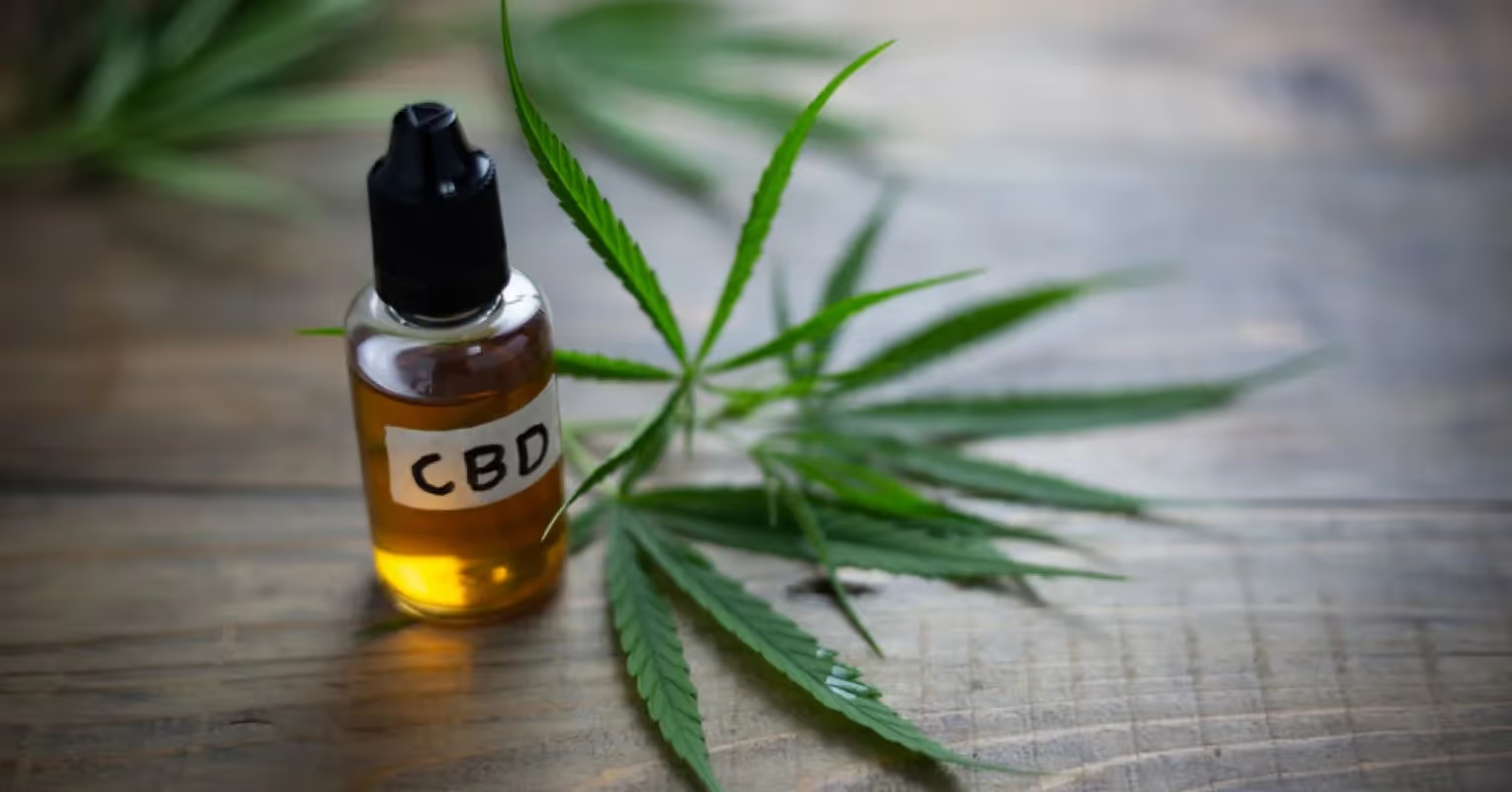
Top 10 CBD Statistics
- 26% of Americans are using CBD in 2022.
- 57% of US citizens believe that CBD can be seen in the results of a drug test.
- 24% of people owning pets use CBD for their animals and themselves.
- In a survey, 79% of respondents claimed to use or consider using CBD for treating symptoms related to arthritis.
- There is a 20% decrease in opioid prescriptions for states that have legalized medical marijuana.
- The number of seizures was 51% less from using Epidiolex, a cannabidiol approved by the FDA. Before the approval, it was 39%.
- Market projections for CBD will climb to 41.5% by the year 2025, specifically in the category of hemp.
- The market for CBD foods and drinks will be worth $5.9 billion by the year 2024.
- Oil sales for CBD have grown by 28% since the beginning of the COVID pandemic.
- Marijuana is currently legal in 15 American states, and Washington, DC.
General CBD Statistics
- According to states from the CBD industry, 68% of US citizens want cannabis to be decriminalized and taken off the DEA's drug Scheduling.
- 33% of Americans have used CBD products at least once.
- Americans between the ages of 18 to 29 use CBD products the most. Based on market research conducted in 2019, there are 20% of adults younger than 30 use CBD.
- 1 out of 5 US citizens over 50 have tried one or more CBD products at some point.
- According to a 2020 report, women make up 59% of all CBD users, with 40 being men.
- 39% of all CBD users are married, with 44% being college graduates.
- 44% of CBD users earn a household salary between $30,000 and $100,000 annually.
- With the CBD pet industry growing, 74% of CBD consumers own at least one pet.
- Products infused with cannabidiol for pets will consist of 3% to 5% of CBD oil sales in America by the year 2025.
- Based on one recent study, 67% of CBD users did it for anxiety, 52% for joint and inflammation pain relief, and 60% to help them sleep.
- One study found that using cannabis has a 30% rate of decline in pain in comparison to 26% that took a placebo alternative.
- 79% of respondents in a survey claimed to take CBD to help rid pain in the joints.
- There will be a 41.5% increase in the hemp market by the year 2025.
- The cannabidiol that was approved by the FDA has helped cut the number of seizures down with people that suffer from them by 44%. Before trying CBD, it was 44%.
- 80% of kids clinically diagnosed with attention deficit disorder had a decrease in behavioral problems after trying CBD. Afterward, 62% of them claimed to notice their behavioral improvements themselves after doing it over seven months.
- In the states where medical marijuana is legal, opiates were reduced in their consumption by over 20%.
- People with migraines have had their symptoms reduced by 55% after trying CBD.
- In 2019, the worldwide CBD pet industry had a value of $27.7 million.
- The worldwide CBD industry had a value of $967.2 million in 2020, according to researchers.
- Within the $10 billion worldwide skincare industry, CBD comprises 10% of the value.
- By 2024, the CBD food and drink industry will climb to $5.9 billion.
CBD Usage Statistics: How Common Is CBD Use?
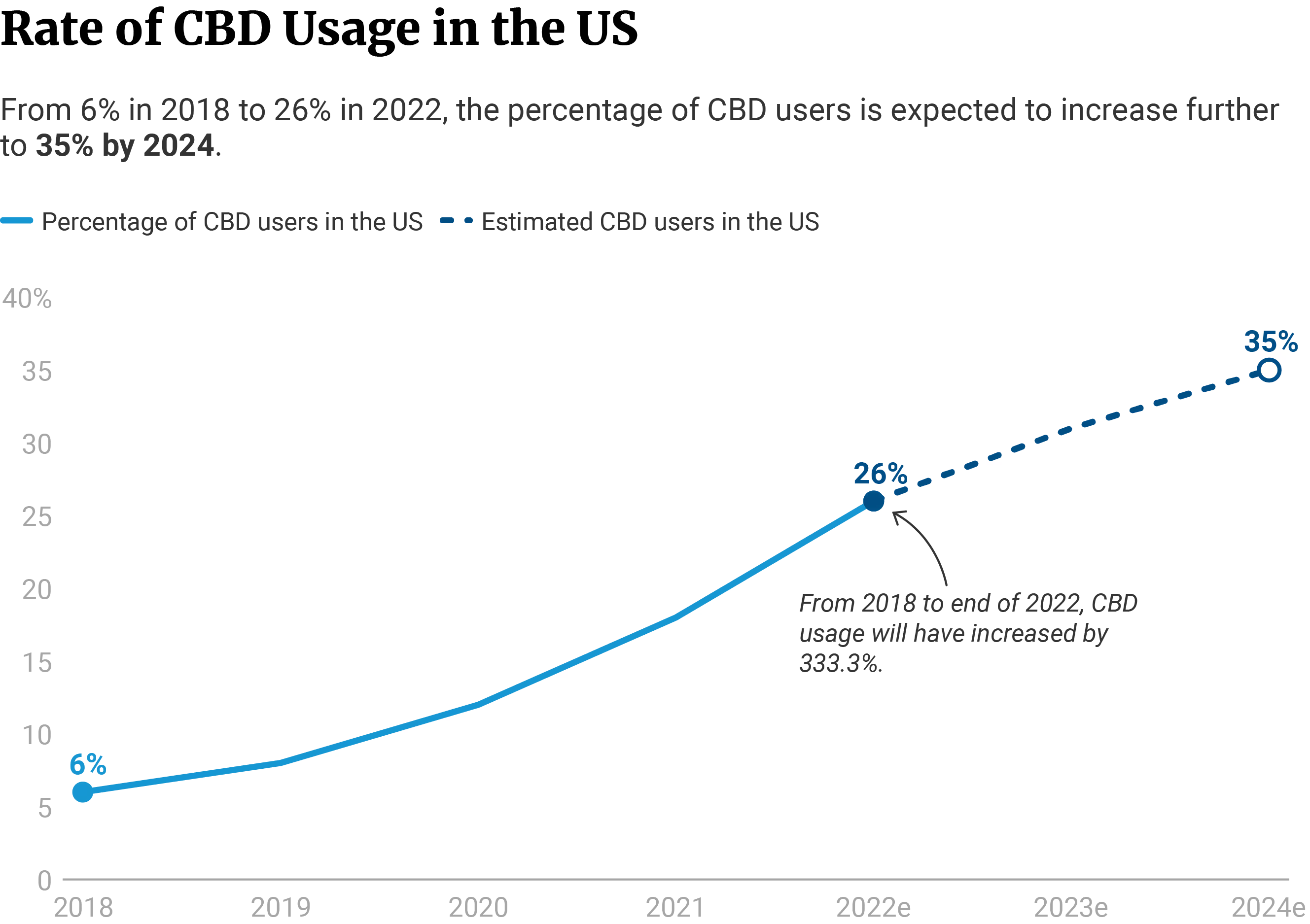
- 26% of American adults are using CBD in 2022. Usage has increased from 6% in 2018.
- By 2024, the percentage of CBD users in the US is expected to increase to 35%.
- Of all US citizens, 33% of them have tried CBD at least once.
- 54% of US citizens have some familiarity with CBD and other related CBD items made.
- About 64 million people in the US consumed CBD between 2018 and 2019.
- Out of the people that used CBD, 22% claimed that it helped them reduce or entirely replace their over-the-counter and prescription medications.

CBD Consumer Demographics: Who Uses CBD the Most?
1 in 10 men and 4 in 100 women use CBD. And 1 in 5 young adults between 18 and 29 years use CBD.
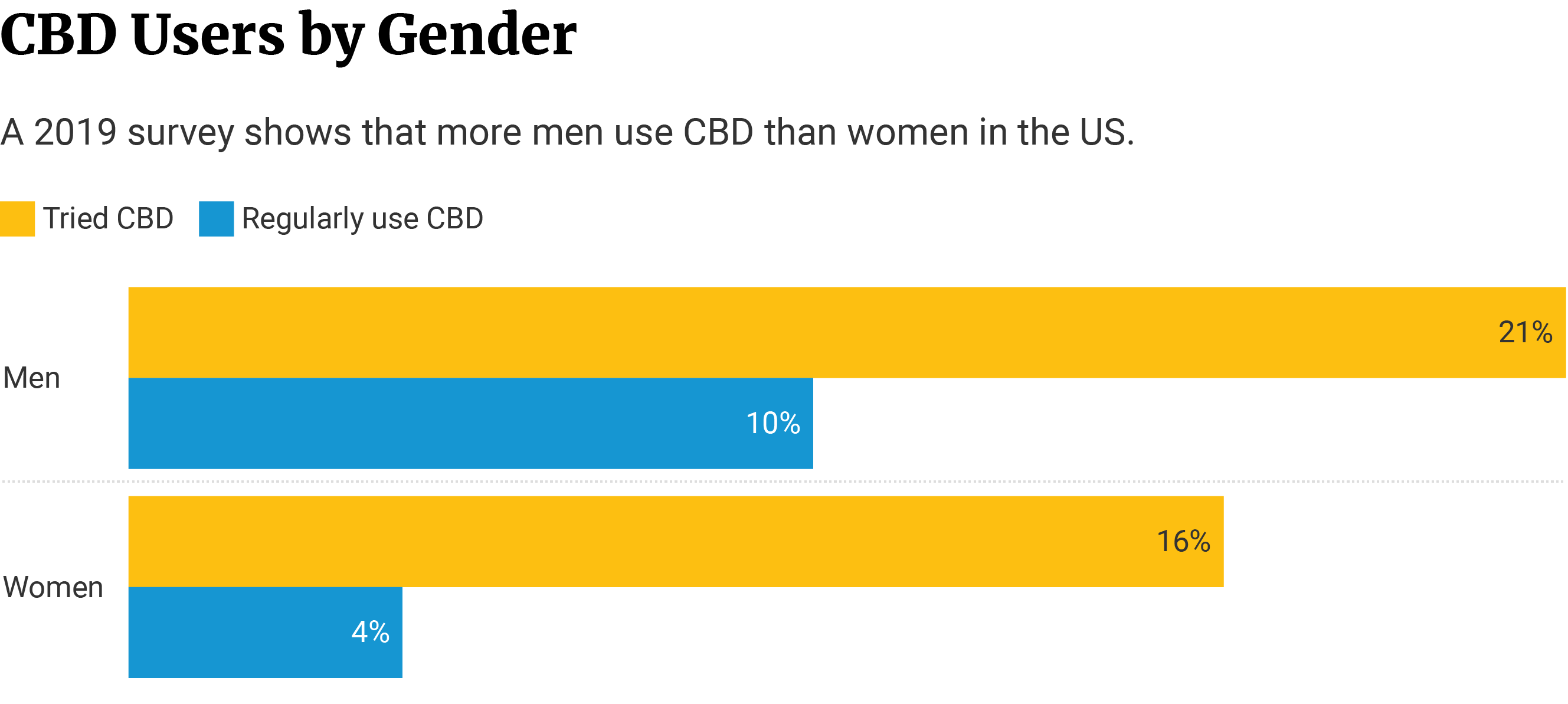
CBD Usage By Gender
21% of American men have tried CBD, while just 16% of American women have as well. 10% of men use CBD regularly, while just 4% of women do the same. Interestingly, CBD usage statistics also show that women usually use CBD more for health reasons.
CBD Users By Age Group
- 20% of Americans between the ages of 18 to 29 use CBD, though its usage lowers with age. However, 40% of people of the same age range have done it at least once.
- 20% of Americans between 18 and 29 years of age use CBD products.
- 16% of Americans aged 30 to 49 use CBD products. 32% of adults in this range have tried it more than one time.
- 11% of people between 50 and 64 years have consistently used products with CBD.
- Only 8% of Americans 65 and older regularly use CBD in some fashion.
- 23% of people between 45 and 59 have tried CBD on one or more occasions, with 15% of people 60 and older doing the same. This indicates that the rates of CBD usage double for those that have tried it, yet don't regularly consume the product.
CBD Users By Generation
- Gen Z: 11%
- Millennials: 9%
- Gen X: 7%
- Boomers: 4%
CBD Users By Race: What Race Uses CBD the Most?
Most CBD users are White/Caucasian. And the ethnicity that uses CBD the least is Asian/Asian Americans, as they only make up 4% of the total CBD users in the United States. Hispanic/Latino people make up 12% of the total CBD users. Following them are Black/African American people who make up 5% of the total CBD users in the U.S.
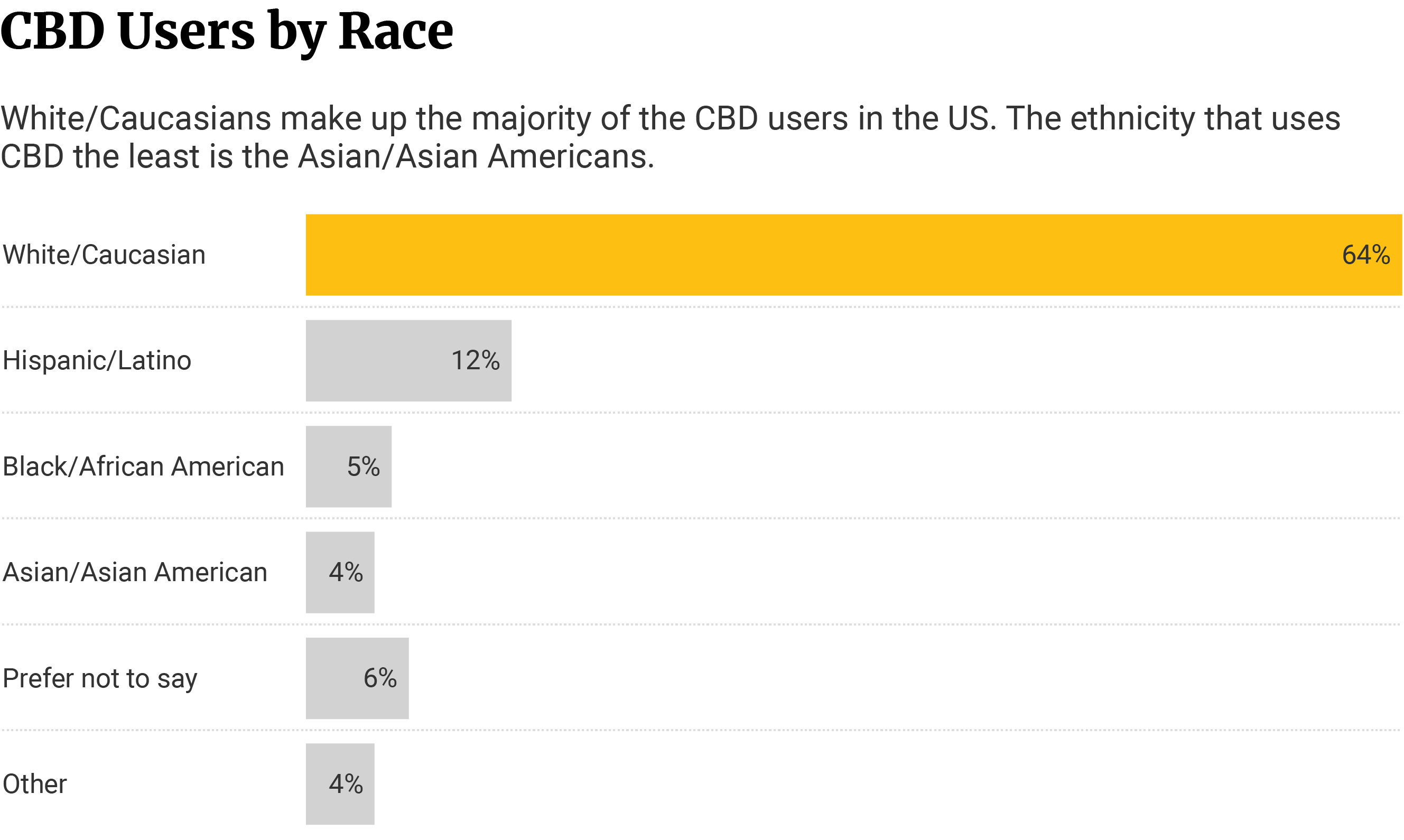
CBD Statistics In America
- CBD products containing hemp are now legal in every US state, so long as they have a cap of 0.3% THC.
- Since 2014, the state of Colorado has sold over $1 billion worth of cannabis, topping every other state in sales where it's legally sold.
- States with high CBD sales are California, with $730 million, Florida with $291 million, and New York with $215 million in earnings.
- Out of the Americans using CBD, 64% of them do so for pain relief, 42% for insomnia, and 49% for anxiety.
- The number of web searches for CBD rose by 125.9% between 2016 and 2017. It also rose by 160.4% between 2017 and 2018.
- US farmland dedicated to hemp cultivation increased from 2017 to 2018 from 25,713 acres to 78,176.
Which States Consume The Most CBD?
California consumed the most CBD. In 2019, CBD sales reached $730 million just in California. Florida and New York followed at $291 million and $215 million, respectively.
There are several factors which could influence CBD sales in a state:
- Population
- Growth of chain dispensaries
- Number of dispensaries
- Increasing number of investors
CBD Statistics By Method
- About 50% of people consuming CBD have a preference for oils, balms, and gummies.
- 18% of CBD users prefer capsules and tablets to consume the product.
- Topical sprays are preferred by 18% of CBD users.
- Food is another popular choice of preference, with 17% of users consuming CBD-infused chocolates and brownies over other methods.
- There 13% of CBD users prioritize vaping products.
- Soap products are preferred by 12% of people that use CBD.
- CBD-infused drinks mixed with non-alcoholic substances are preferred by 11% of people.
- CBD salts and bath bombs are favored by 9% of users.
- Skincare products containing CBD are preferred by 8% of people.
- CBD patches are relied upon by 8% of users, who favor them over other consumption methods.
- Only 1% of CBD users rely on alternative CBD products.
- 40% of CBD users buy their products from local dispensaries.
- Retail stores are the favorite place for 34% of CBD users to make their purchases.
- 27% of CBD users buy their goods from various retailers online.
- 12% of CBD consumers get their products from other sources, which can include purchases from independent sellers, dealers, and friends.
CBD And Overall Health
- 32% of people that have consumed CBD didn't find it very effective.
- Although there is no widespread research being done on the effects of CBD, there is some evidence that it is a promising treatment for inflammation and anxiety. People seeking out medicine to aid in their sleep may also find CBD useful.
- Some claim that CBD can help in the treatment of things like heart disease, cancers, autoimmune disease, acne, and even Alzheimer's. However, professional researchers haven't reached any conclusions on the veracity of these claims. Yet inflammation and stress can contribute to the former illnesses, something that CBD could help to reduce in consumers.
Main Reasons Why People Use CBD: What Do Most People Use CBD For?
64% of Americans use CBD for pain. 49% of Americans use it for anxiety and stress, and 42% of Americans use it for sleep and insomnia.
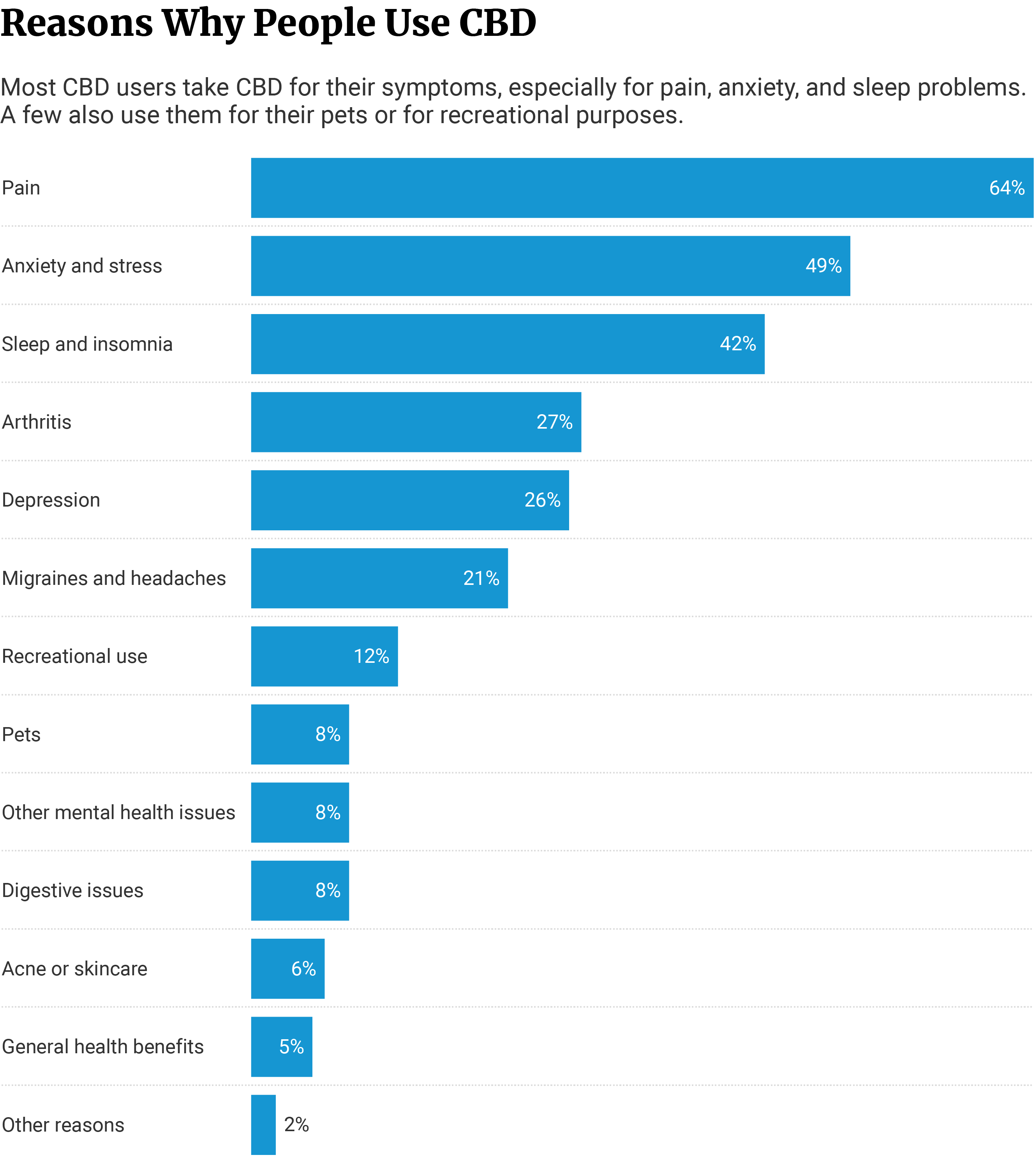
CBD Side Effects
- CBD can have side effects, no different from other medications. About 33% of CBD users reported things like dry mouth, hunger, euphoria, fatigue, and mild eye irritation in one study. Other studies indicate that CBD side effects are more varied than some may believe them to be. Some users have shown extreme sensitivity to CBD, though a tolerance can be built up over time to the point where the primary effects are felt only after a heavy dose is achieved.
- CBD contains several terpenes that are all oil-based. These are known to cause some disturbances in the body's immune system. Other things like lethargy, sedation, and increases in liver enzymes are possible when used regularly. Things like malaise, weakness, heavy fatigue, diarrhea, and a skin rash can occur, especially when CBD is consumed with specific prescription and over-the-counter medications. Although such effects may not be extreme, they can cause disruptions in one's ordinary routine.
- Not much research has been conducted into different drug interactions with CBD, making it difficult to determine effects with certainty. It may cause interference with tacrolimus, a medication taken to suppress the body's immune system. People are encouraged to contact their healthcare provider before considering CBD as a supplement or alternative to their existing prescriptions.
Is CBD Effective?
According to a 2019 survey of 4,000 American CBD users, almost three-quarters of them say it's moderately effective for the symptoms they're taking it for. Almost half of them say it's very or extremely effective for treating symptoms.
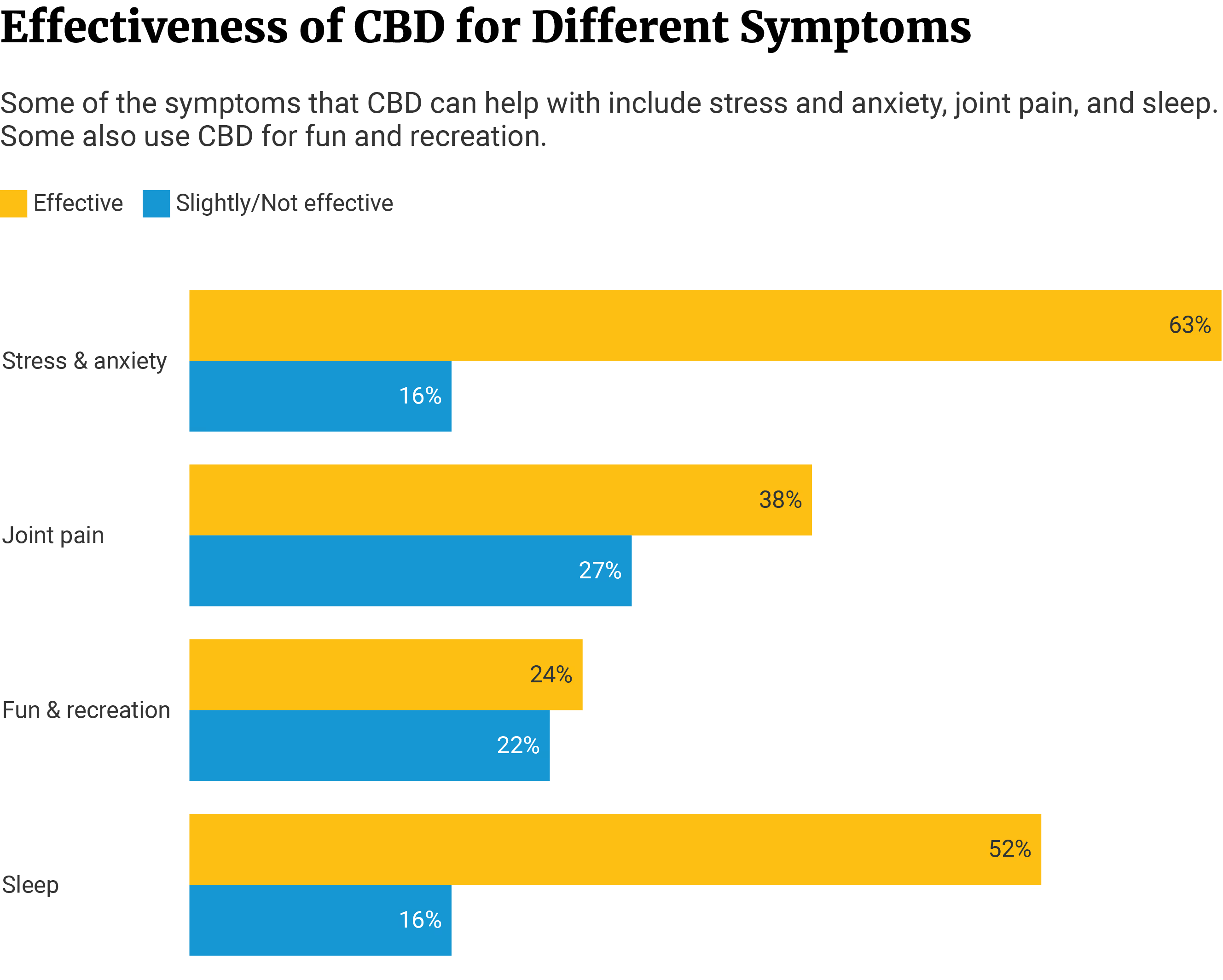
Cost Of CBD
- Since medical and recreational marijuana has been legalized in multiple US states in recent years, people have increasingly looked into the benefits of using cannabis, which includes the CBD market.
- The US CBD market value is over $4 billion in 2019 and is expected to go over $25 billion by 2025.
- By 2024, the cannabis and hemp CBD market are expected to have a 49% compound annual growth rate.
- $20 to $80 is the average monthly spending amount for 44% of people that use CBD regularly, of which 13% spend over $160 every month.
CBD Sales Statistics
- In 2022, 26% of Americans will use CBD products.
- The pain was the reason that 64% of Americans took part in CBD consumption.
- 16% of women and 21% of men in the United States have taken CBD.
- CBD usage is suggested by 35.12% of veterinarians as a medication for pets.
- CBD tinctures are the highest-selling CBD product on the market, with $976.07 million in sales.
- In 2021, people spent $5.31 billion on CBD products.
- Pet CBD products were purchased to the tune of $560 million in 2021.
- 80% of people believe that delta 8 is more potent than THC, which is factually 66% of the potency of the latter.
- 1 out of 6 people that use marijuana also uses delta 8 THC or 16.7%.
- Mental health relief was the reason that 51% of people use delta 8 THC, with 41% using it for pain relief.
- In 2020, retail sales for delta 8 THC climbed to $10 million.
- About three-quarters of delta 8 THC products possess over 0.3 THC in their contents, with some possessing 5.3% and 1.3%.
- Purity is tested by 75% of brands that sell delta 8 THC.
FAQ
What is CBD?
- CBD, or cannabidiol, is one of the numerous cannabinoids found in cannabis plants. The plan itself has psychoactive and non-psychoactive substances, such as hemp. After THC, which is also found in cannabis, it's the second most active substance found in the plant. THC produces the euphoria that users feel when consuming it through various methods. CBD differs in that it doesn't produce a high, is non-psychoactive, and, like THC, isn't physically addictive.
- CBD products that contain hemp have gotten popular in recent years, especially in the health sector. People have taken to using CBD as a healthy substitute or supplement. Others rely on it as a remedy for moderate pain relief or as a way to reduce seizures.
How many people know what CBD is?
64% of people 18 and over are familiar with cannabidiol and its related products. One survey showed that a third of all Americans used CBD at least once.
Why do people use CBD?
People use CBD for pain relief, to fight inflammation, as a sleep aid, to reduce anxiety, and as a stress reliever. Some have claimed to use CBD to treat cancer or to combat the symptoms they feel after undergoing treatment for it with their doctor.
How much money is spent on CBD?
Over $4 billion was spent on CBD, with industry leaders anticipating $25 billion in sales before 2026. By 2030, if current sales remain steady 2030, CBD could see sales top higher than $35 billion.
What age group uses CBD the most?
Adults aged between 18 and 34 consume CBD products the most.
Sources
- https://www.singlecare.com/blog/news/cbd-statistics/
- https://www.singlecare.com/blog/cbd-survey/
- https://www.ambitionsaba.com/resources/cbd-statistics
- https://cfah.org/cbd-statistics/
- https://www.statista.com/topics/6262/cbd-retail-in-the-united-states/#dossier-chapter3
- https://www.consumerreports.org/cbd/cbd-goes-mainstream/
Recent News
Related articles
.avif)
100+ YouTube Statistics, Facts & Demographics
In 2023, YouTube has over 2.5 billion monthly active users.

39 Teacher Statistics And Demographics
Find the most up-to-date teacher demographics and statistics that'll surprise you.
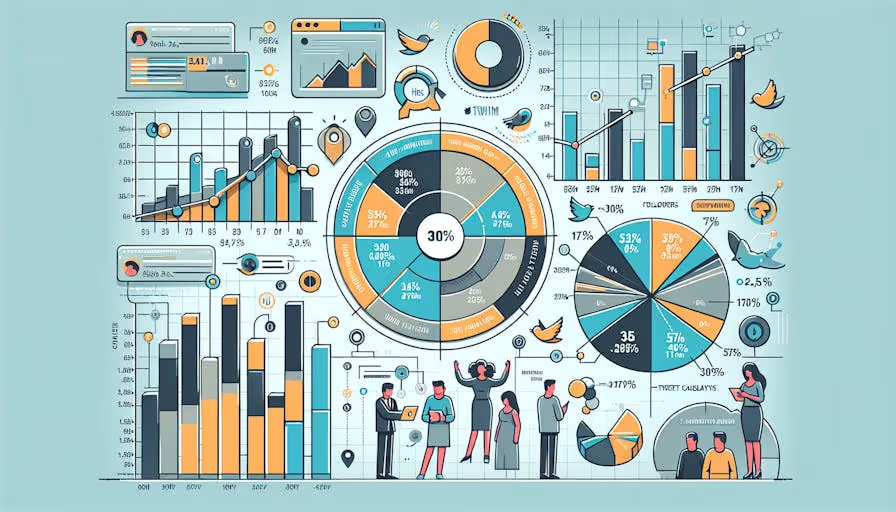
Twitter Statistics for Social Media Enthusiasts [2024]
Explore compelling twitter statistics, user demographics, content engagement, and future predictions.
.avif)
89 TikTok Statistics, Facts & User Demographics
New TikTok statistics show that TikTok has quickly become one of the most popular social media platforms, with users spending an average of 52 minutes per day scrolling through videos.
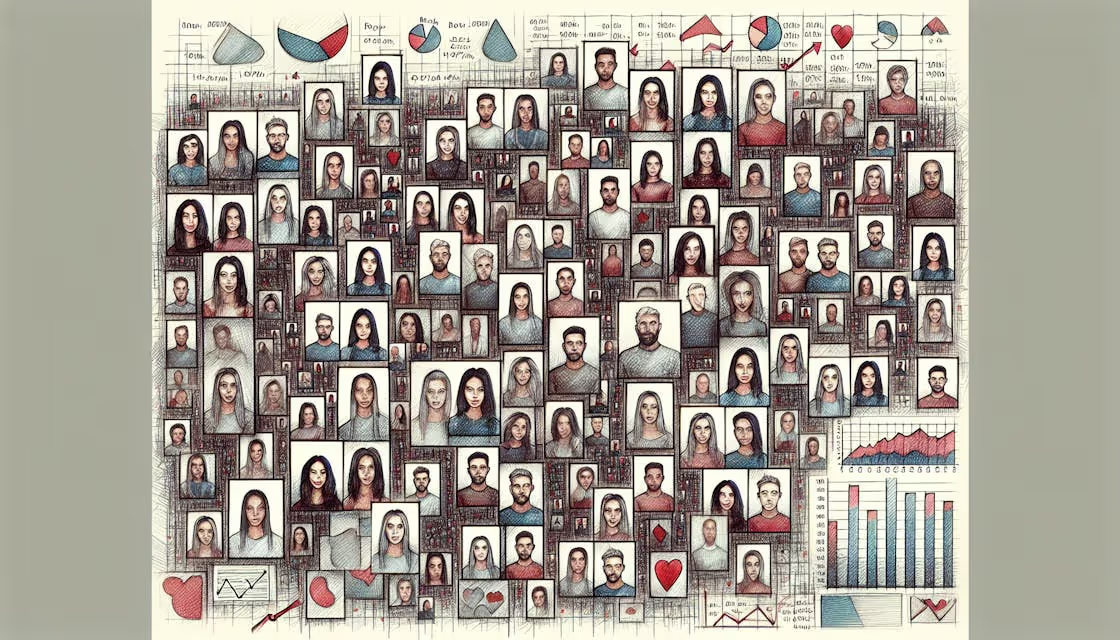
Key Tinder Statistics You Need to Know
Dive into the world of Tinder statistics - revealing insights on user demographics, engagement, and global trends.
.avif)
49 Telehealth Statistics & Telemedicine Trends
Telehealth statistics show that the use of virtual care is 38 times higher than before the COVID-19 pandemic.
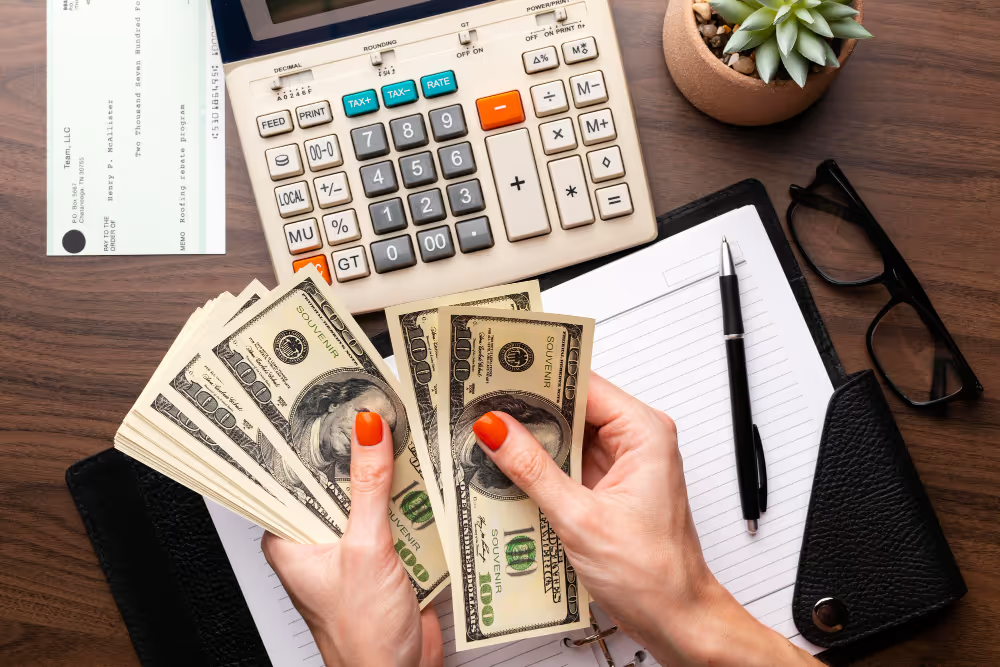
Teacher Salary By State: Highest-Paid Teachers By State
Today we'll breakdown a teacher's salary by state, as well as the highest-paid teachers by state.
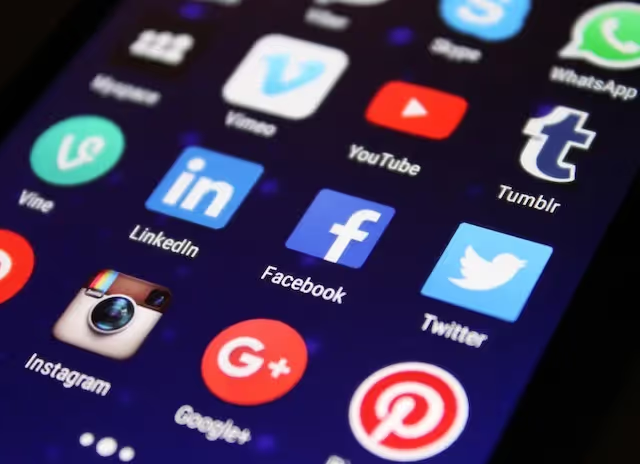
121 Social Media Addiction Statistics Worldwide
Did you know that around 70% of teens and young adults in the US have a social media addiction?

57 Scholarship Statistics, Facts & Demographics
Did you know over 1.7 million scholarships are awarded annually? Keep reading to find more scholarship statistics.

Average Screen Time Statistics & Facts (Usage)
Did you know people spend 6 hours 58 minutes on screens everyday? Find more screen time statistics below.

59 Physical Therapy Statistics, Facts & Demographics
There are 578,565 people employed in the physical therapy industry in the US as of 2022. Find more physical therapy statistics and facts below.
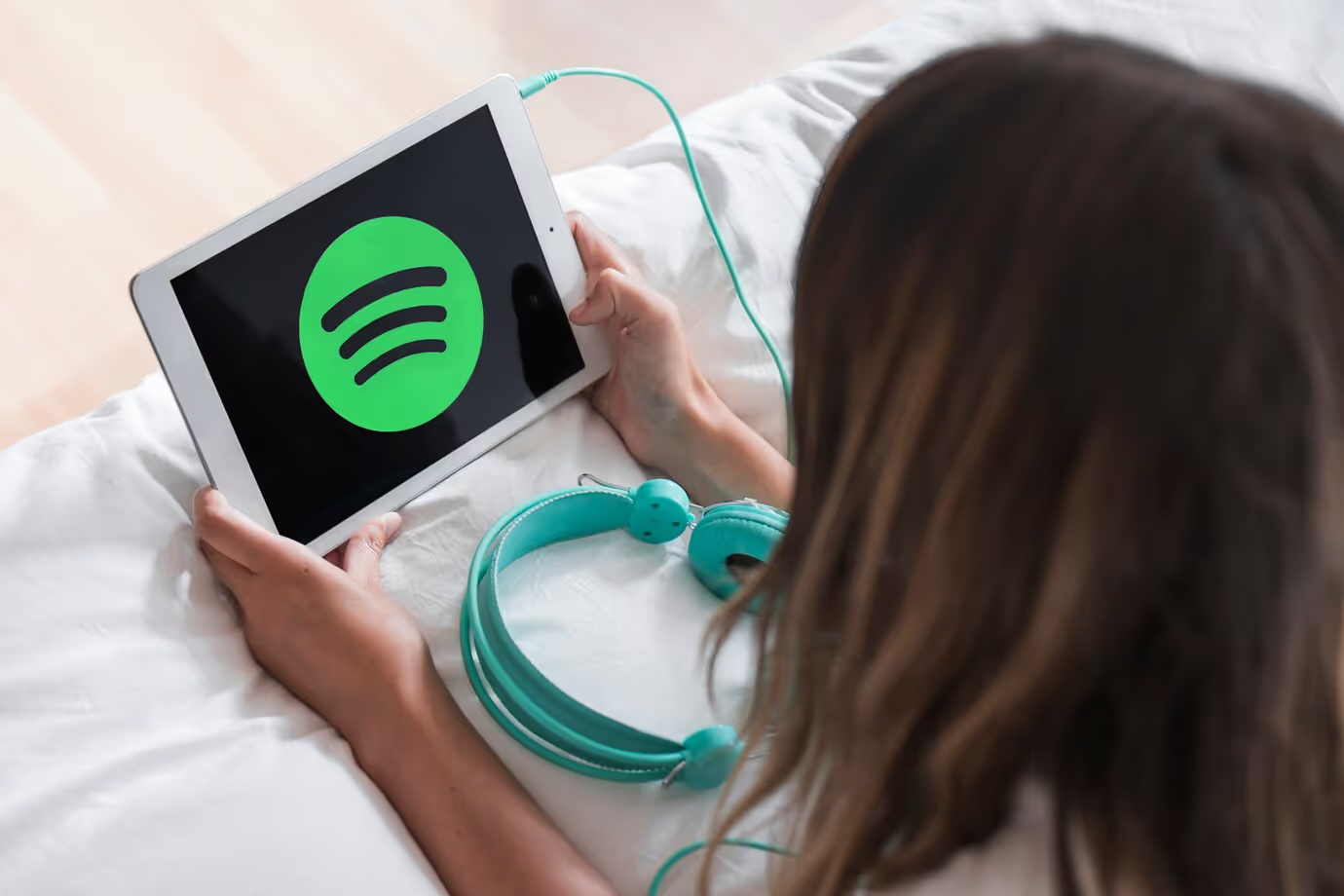
Spotify Statistics: 79+ Intriguing Consumption Statistics in Music
Dive into the evolution of music with intriguing Spotify statistics; from user engagement to financial performance.

